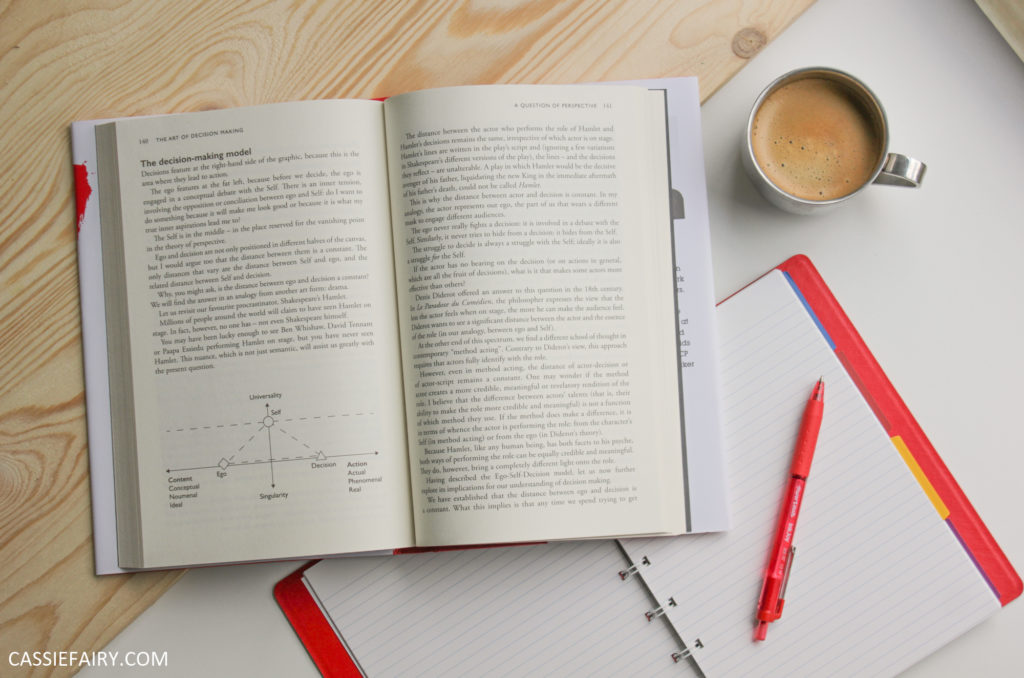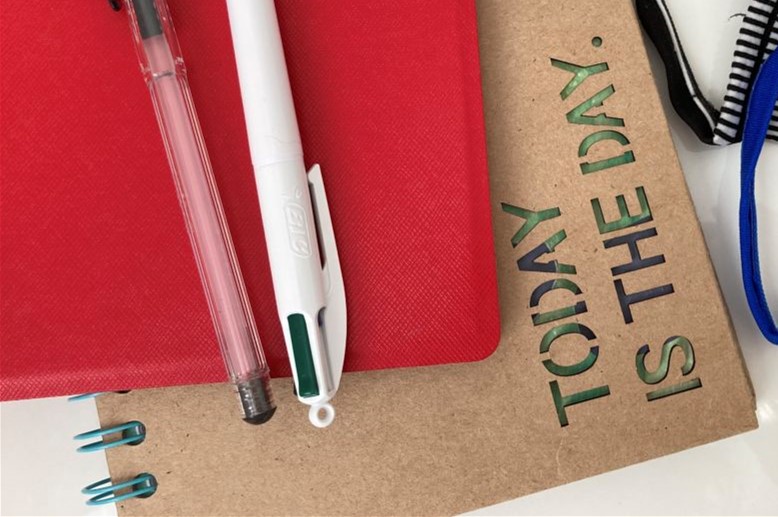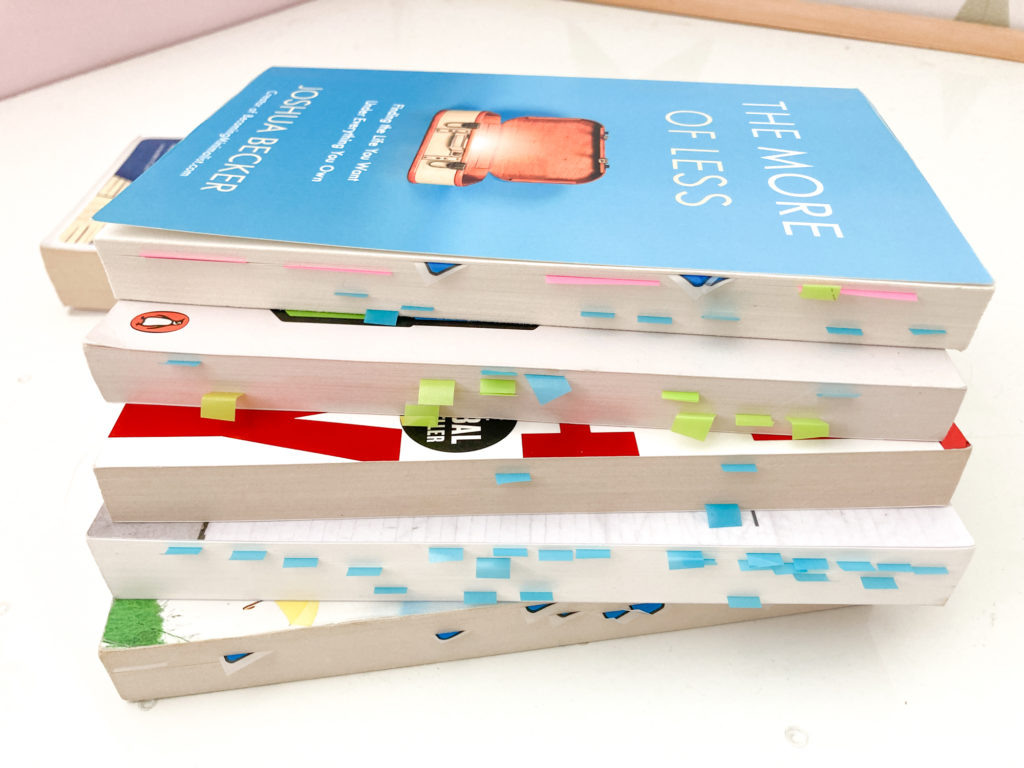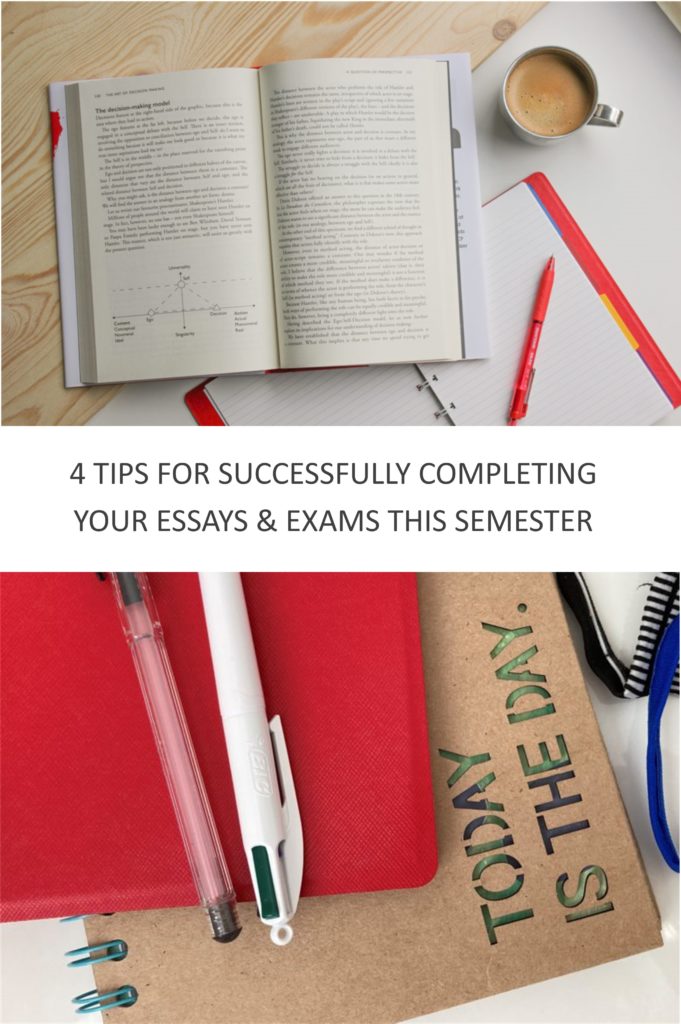
I remember returning to uni for the summer semester. I knew that it was time to knuckle down and complete all those end-of-year assignments or begin revising for exams. It seemed daunting at the time but, with a bit of organisation, I was able to get through it and even submit my essays early!
Wouldn’t that be nice? There’s nothing worse than a last-minute rush of completing coursework or cramming for exams. Let’s face it, education is so important and there are only a few weeks between now and the end of your studies, so let’s make this next semester a more relaxing and successful one for you.
Here are my top tips for your university, college or A-Level studies this summer:

1. Draw up a timetable
There are only so many hours in the day and time will soon run away from you if you don’t make a plan for how to use that time. It may seem boring but the only way to stay on top of your academic work is to schedule chunks of time to do it. Draw a timetable on your wall (or create a ‘Doorganiser’ as I did!) and stick to it!
If you know that it’ll take you ten hours to complete that assignment, don’t leave it to the day before and cram it all in at once. You’ll feel stressed and, if you’re doing it overnight, you’ll be super-tired. And it definitely won’t be your best work so your grades will suffer.
Spread those hours out over the coming weeks (starting right now!) and you’ll be able to tackle each essay with ease. You can do it in concentrated two-hour blocks or just do one hour a day for ten days. Either way, it won’t feel like your coursework is taking up all your time and your work will be much better for it.
Plus, if you’ve got the topic in the back of your mind for the duration of a week or two, you’ll probably find extra interesting angles on the subject and new research that you can include. This will improve the quality of your work as well as ensure that you understand the subject better too.

2. Check and check again
The bonus of having allocated time to complete your work is that it will be completely error-free by the time you hand it in. If you’ve written the piece in a rush, there are sure to be errors and you’ll be marked down for your haphazard work.
Never submit anything without double- and triple-checking it. Thankfully there are plenty of tech solutions that can do the work for you. Use your computer’s spell-checker to get all those spellings spot on. The college/university will be checking your work using plagarism, AI and GPT detector software so run your work through a free plagiarism checker online to make sure all your sources are correctly credited. And use a grammar checker to find instances of duplicate words, incorrect hyphenations and any sense issues.
At the very least you should re-read it. The best time to do this is a few hours after you’ve completed it or even a day later. When you’re in the midst of writing, it’s much harder to spot mistakes but they’re easy to see when you re-read it with fresh eyes.
And, finally, read it out loud. I know all this reading might sound boring BUT you’ve scheduled the time to complete the assignment so you might as well use that last hour to re-read it. When you say it out loud, it’s super-easy to spot any sentences that don’t make sense.

3. Revision time
Again, it’s never a good idea to revise at the last minute. If you’re up late the night before an exam, not only will you not retain the information you revise, but you’ll also perform less well in the examination itself because you’ll be exhausted.
The only way to learn a topic is to actually spend time revising it. So those hours need to be added to your study timetable to make sure that you can dedicate yourself to learning the facts. When that slot comes around, don’t fiddle on your phone for half of it – turn off your tech and really concentrate on revising.
I find that I learn better when I’m studying alone and in silence, so I always did my reading and writing in the university library or in my own, quiet workspace at home. But you might find that you learn better with some music in the background or through doing quizzes with your classmates.
Just so long as you actually do it (rather than distracting yourself with tech or friends) it doesn’t matter what techniques you use for your exam revision. If you give it time, the facts will be there when you need to recall them in the exam.

4. Give it your best effort
Really, there are only a handful of weeks between now and your summer holidays so why not give it one final push to submit your work? If you really knuckle down and complete those assignments now, you can look forward to having a relaxing break once all the lessons and exams are over.
You don’t want to get to the end of your course and not feel like you’ve given it your best shot, otherwise studying the subject would have just been a waste of time. Plus, you’ll get the best grade you can possibly achieve if you put your all into it – go for it!
I hope this advice will help you to complete your school work over the coming semester. I would love to hear your own plans for revision, exams and assignments in the comments below so please share your tips. Plus, I’ve previously shared my finance tips for students so be sure to check out that blog post too! Thanks! 🙂
Pin it for later

This post was featured by Twinkl in their Exams and Revision Blog
This article is a sponsored collaboration. The pink links in the content indicate a sponsored link or information source. The blog post reflects my own experience and the sponsor hasn’t had any control over my content 🙂























One Response
similar*